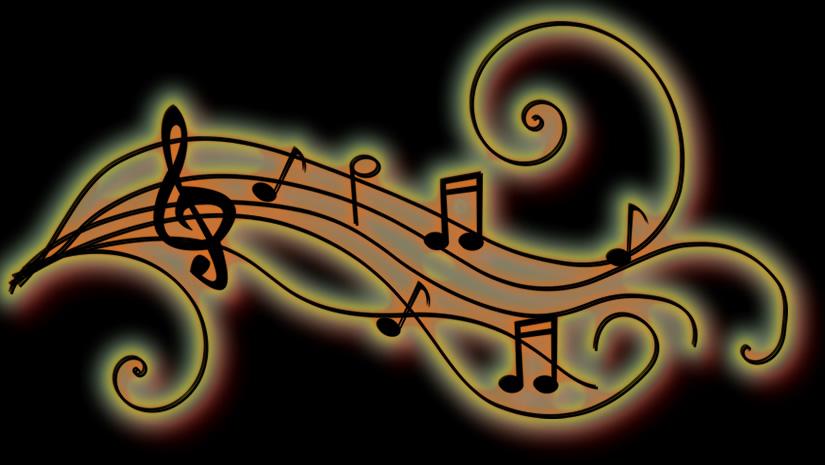Black History Month 2023: Black Music is American Music

Illustration by Stitched Heart Designs (color added by CWACM) / Pixabay License
This month, after watching the Grammys, as I try to do each year, I realized again that I don’t know much about Hip-Hop and have not understood the genre – even that there are multiple ways to render the title (Hiphop, hiphop, hip-hop, and others).
This past week, I had the privilege to watch Episode 3 of The 1619 Project – the documentary series on Hulu that has been preceded by both the book and the podcast, “The 1619 Project,” by Nikole Hannah-Jones.
Along with other commentators – Wesley Morris and Ethnomusicologist Dr. Fredara Hadley – Hannah-Jones tracks Black music in America from it’s beginnings to current trends in Hip-Hop. The documentary is only an hour long, compact, and jam-packed with history.
What drew me most deeply into a better understanding was the section that discussed the beginnings of what we know as “spirituals.” Enslaved Black people and their descendants combined Christianity with their native rituals and rhythms to create the first original American folk music. The music combined Call and Response, adding or changing verses, improvisation, movement and percussive sounds.
From the European Christian hymns that they had learned, enslaved people created a new music form that expressed joy, pain, and love that has continued to evolve over several centuries. This original form gave birth to Gospel, Blues, Jazz, R&B, Funk, Rap, and Hip-Hop, and all the creative paths and expressions around and through each of those categories.
The central point of the episode consists of one statement: American Music Is Black Music. In spite of consistent efforts to underrate, steal both form and music, and keep Black performers from the same recognition, prominence, and acceptance as white musicians, Black music has always created the newest trends in American music.
Black musicians continue to “create, reshape, and transform” American music, reminding me of the humanity we share, and the call for equity that has still not been achieved, even at this year’s Grammy awards.


